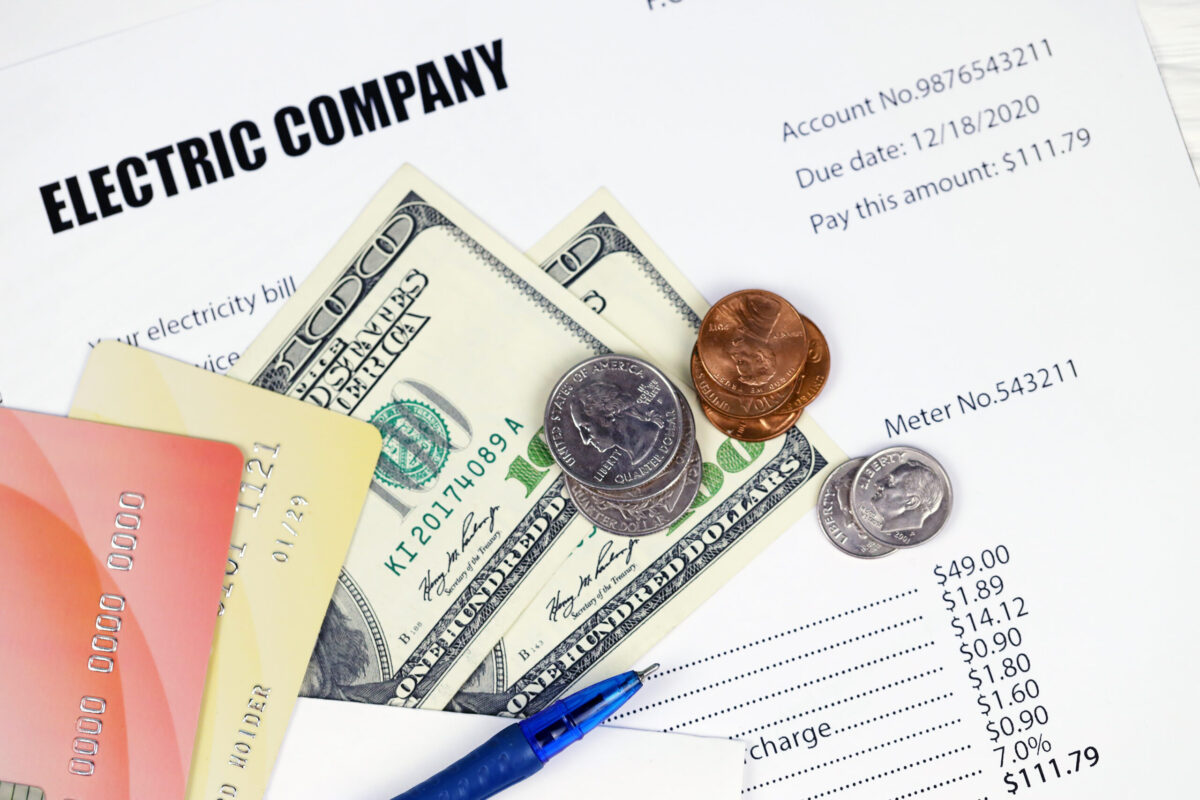When starting the home loan process, you expect to work with a Loan Officer. But you might not be aware of all the behind-the-scenes mortgage team members that work hard to ensure your loan process goes smoothly from application to closing! So, let’s get to know them!
Your Mortgage Team Consists of:
Loan Officer
Your Loan Officer will be your first stop in the home loan process. Your realtor will be able to suggest a trusted Loan Officer but ultimately the decision will be up to you. Purchasing a home is a big decision and you want the best on your side! Your Loan Officer will gather the documentation needed to get your application and prequalification started and will assist you in choosing a program that will best suit your needs!
Production Assistant
Not all Loan Officers have a Production Assistant but if they do, you may often be in contact with them as well. The Production Assistant is an additional set of hands that can assist in collecting paperwork, communicating with various members of the mortgage team, and provides overall support to ensure a hassle-free home loan process.
Underwriter
After the Loan Officer collects what is needed for your loan application, they send it over to the Underwriter for approval. The Underwriter will make the decision whether to make a loan based on your credit, employment, assets, and other factors. Then they will match this risk to an appropriate rate and term or loan amount.
Loan Processor
Another member you will be in contact with throughout the home loan process is your Loan Processor. Your Loan Processor works with you to collect all the necessary documentation for your loan file. This includes pay stubs, W-2 forms, bank statements, and credit report explanations. They work as a liaison between you and the underwriter, title company, and other parties that may be involved to get you to the closing table.
Closer
Finally, we are at the finish line! The Closer reviews all loan-closing documentation to ensure accuracy and that your mortgage loan is fully compliant. They review for errors and work alongside the Processor, Loan Officer, and title company to get anything corrected as need. Once your closing date approaches and all documents are ready, the Closer prepares the loan package and forwards it to the title company for settlement!
The home loan process may seem a bit daunting at first but having the right mortgage team by your side makes all the difference! At First Home Mortgage, we pride ourselves on having a highly qualified mortgage team to ensure you have a stress-free homebuying experience. To find a Loan Officer in your area, visit www.firsthome.com/loan-officers.
To learn more about the home loan process, read our blog post about home loan milestones.




